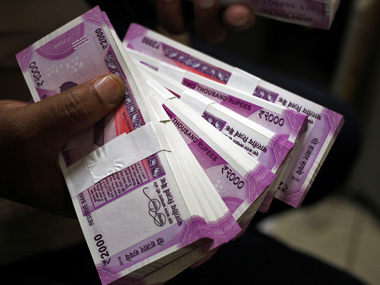New Delhi: Bank of India on Friday said it will sell 25.05 percent stake in its insurance JV Star Union Dai-ichi Life Insurance Co for at least Rs 1,106 crore. The bank has floated a request for proposal for sale of over 6.48 crore equity shares, or 25.05 percent stake in its joint venture with Union Bank of India and Japan’s Dai-ichi Life Holdings Inc. The floor price for the stake sale has been fixed at Rs 170.50 a share, the public sector lender said in a regulatory filing. [caption id=“attachment_4495585” align=“alignleft” width=“380”] Representational image. Reuters.[/caption] At the floor price, the share sale would fetch over Rs 1,106 crore to the lender. Bank of India (BoI) has invited non-binding proposal/bid for the purchase of the said equity shares by 12 April. The proposed stake sale is part of BoI’s plan to offload some of its non-core assets and raise funds. Shares of BoI were trading at Rs 100.15 per piece, down 0.84 percent over the previous close on the BSE. Star Union Dai-ichi Life Insurance (SUD Life) is a joint venture between BoI, Union Bank of India and Dai-ichi Life, holding 28.96 percent, 25.10 percent and 45.94 percent stake, respectively. Established in February 2009, SUD Life’s premium income stood at Rs 1,211 crore, while its profit after tax stood at Rs 55 crore in April-December 2018-19. In January, the Reserve Bank removed BoI from its prompt corrective action (PCA) framework, easing some restrictions on lending.
Bank of India on Friday said it will sell 25.05 percent stake in its insurance JV Star Union Dai-ichi Life Insurance Co for at least Rs 1,106 crore
Advertisement
End of Article


)

)
)
)
)
)
)
)
)



